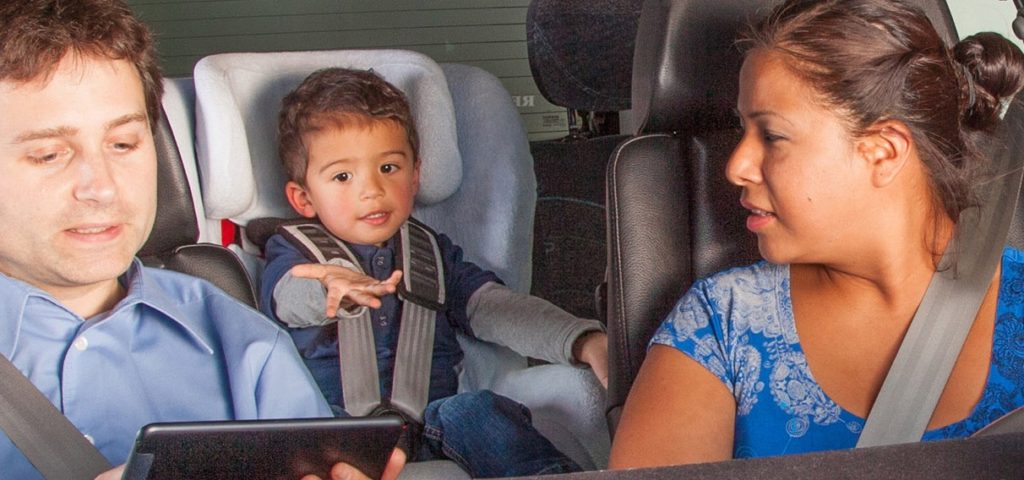Autonomous cars need a lot of sensors to drive on the road without human assistance, and in-car sensors may be the next necessary step. The sensors would be able to inform the artificial intelligence controlling the vehicle on the positions of people inside the car and the driver’s focus.
Researchers from German firm Fraunhofer said AI needs to know what’s going on inside autonomous cars. “Using depth-perception cameras, we capture the vehicle’s interior, identify the number of people, their size and their posture. From this we can deduce their activities,” said research group manager Michael Voit.
See Also: Tesla blames crash on braking system, not AutoPilot
Using that information, AI systems will be better prepared if an incident occurs. The car, for example, could turn to a side where no-one is sitting. If the driver falls asleep, it could alert them when the car enters an urban zone, where they may need to take control.
Is it an invasion of privacy?
There are already systems in place that can recognize the weight and size of a person sitting in the car, but for other things, like ascertaining if the driver is paying attention, the car is currently in the dark.
The recent death of a Florida man allegedly watching a movie while his Tesla – in autopilot mode – collided with a truck has the issue of “driver,” or rider, awareness at the forefront of this burgeoning industry.
In-car sensors may be seen as an invasion of privacy, so if deployed manufacturers would need to be extra careful to make sure data is private and it captures the minimum amount necessary.
Fraunhofer has tested the in-car sensors in a driving simulation, and plans to deploy the sensors in the real-world sometime in the near future.
It is working with Volkswagen, Bosch, Visteon and others to build the “Intelligent Car Interior” project, funded primarily by the German government. The goal is to make the inside of the car safer in the self-driving age.


















